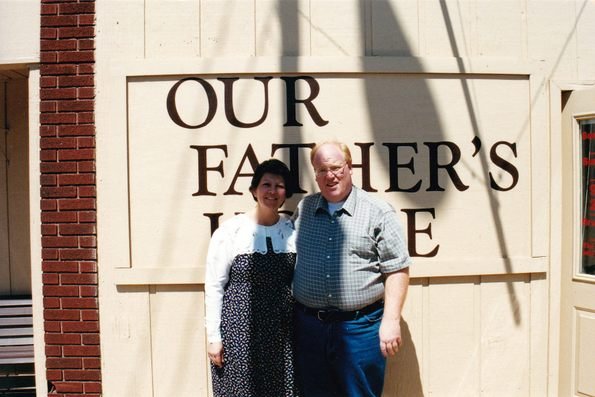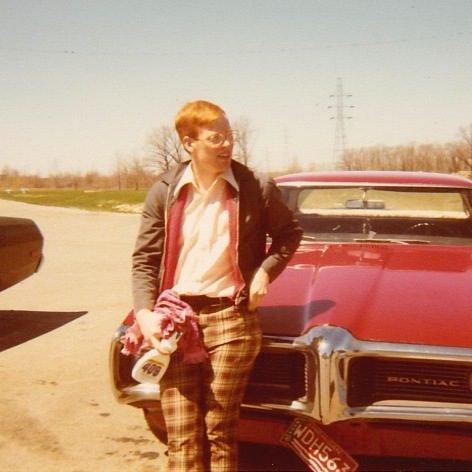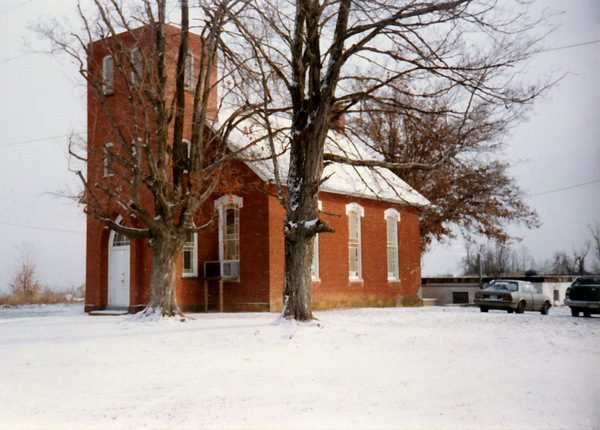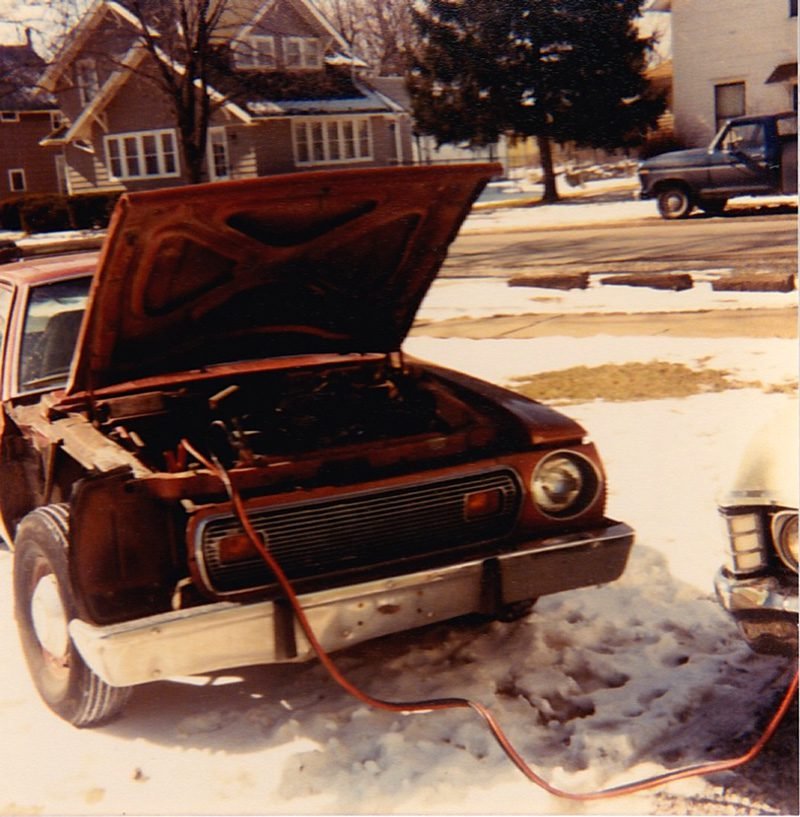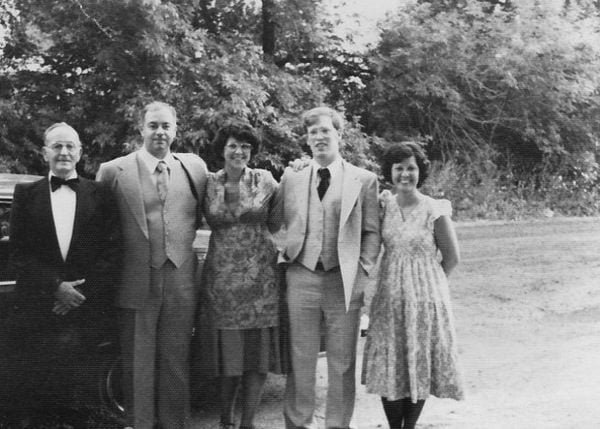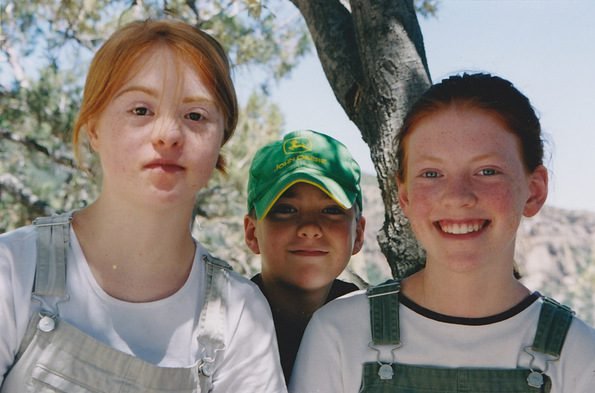
If there is one thing I am famous for, at least among my children, it is my wanderlust driving of the back roads of wherever we are living at the time. I hate highways and interstates, and, if given a choice, I will always choose a back-road-takes-longer-who-cares-where-we-are-headed route. Our family took many road trips over the years where the only destination was east, west, south, or north.
In 2004, we lived in Yuma, Arizona. We took a lot of road trips, going as far as San Diego, California to the west, Bisbee, Arizona to the east, Phoenix, Arizona to the north, and Mexico to the south. We traveled countless Arizona back roads, drove around the Salton Sea, and attended a Friends church in El Centro, California. I worked for Allegro Medical, Polly cleaned offices, and after work and on the weekends we would jump in our Ford Crown Victoria — the best car we ever owned — and off we would go.
One Saturday, we piled into the car to take a road trip to San Luis Rio Colorado, Mexico. Outside of Yuma, I decided to get off the highway and take a back road. I was headed south and I knew that the road would eventually lead to the Mexican border. After a few miles, the road began to change into a sand version of a rutted dirt road in Perry County Ohio. The road was narrow and I began to notice that there were no houses . . . anywhere. Polly was worried we were lost. I wasn’t lost, I just didn’t know where I was.
As my family will attest, I don’t turn around and go back. Oh no. I decided to keep driving, only to find out that I wasn’t really driving on a road. I was making my own road through the desert. Now, I began to worry. The car started getting bogged down in the sand, so I drove faster; you know like a drug smuggler trying to avoid the Border Patrol.
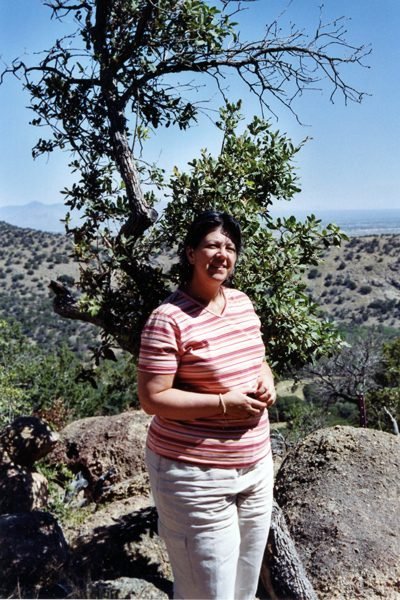
It wasn’t long before I spotted the steel fence separating the United States from Mexico. See, I thought, I know EXACTLY where we are going. At the border fence, I turned west toward San Luis Rio Colorado. Little did I know that the Border Patrol had been watching me.
As I began to drive west, I noticed a Border Patrol vehicle ahead. I thought, this ain’t going to turn out well. Sure enough, they pulled in front of me, stopped our car, and began to question me. I told them we were just out sightseeing and had gotten a tiny-wee-bit off the road. I thought, I bet they have never heard this line before.
But, they believed me, and just before I started to put the car in drive they said, hey, do you mind if we look in your trunk? I thought, Oh no, not that. You see, I carried all my camera equipment in a padded aluminum case, you know the one that looks just like the one drug dealers use in the movies? I told them they could look in the trunk, but, before they did, I explained to them what they would find and I told them they could open the not-drugs-not-drug-money aluminum case. All they found was camera equipment and they then let us go on our way.
We took the highway home.
Bruce Gerencser, 68, lives in rural Northwest Ohio with his wife of 47 years. He and his wife have six grown children and sixteen grandchildren. Bruce pastored Evangelical churches for twenty-five years in Ohio, Texas, and Michigan. Bruce left the ministry in 2005, and in 2008 he left Christianity. Bruce is now a humanist and an atheist.
Your comments are welcome and appreciated. All first-time comments are moderated. Please read the commenting rules before commenting.
You can email Bruce via the Contact Form.

